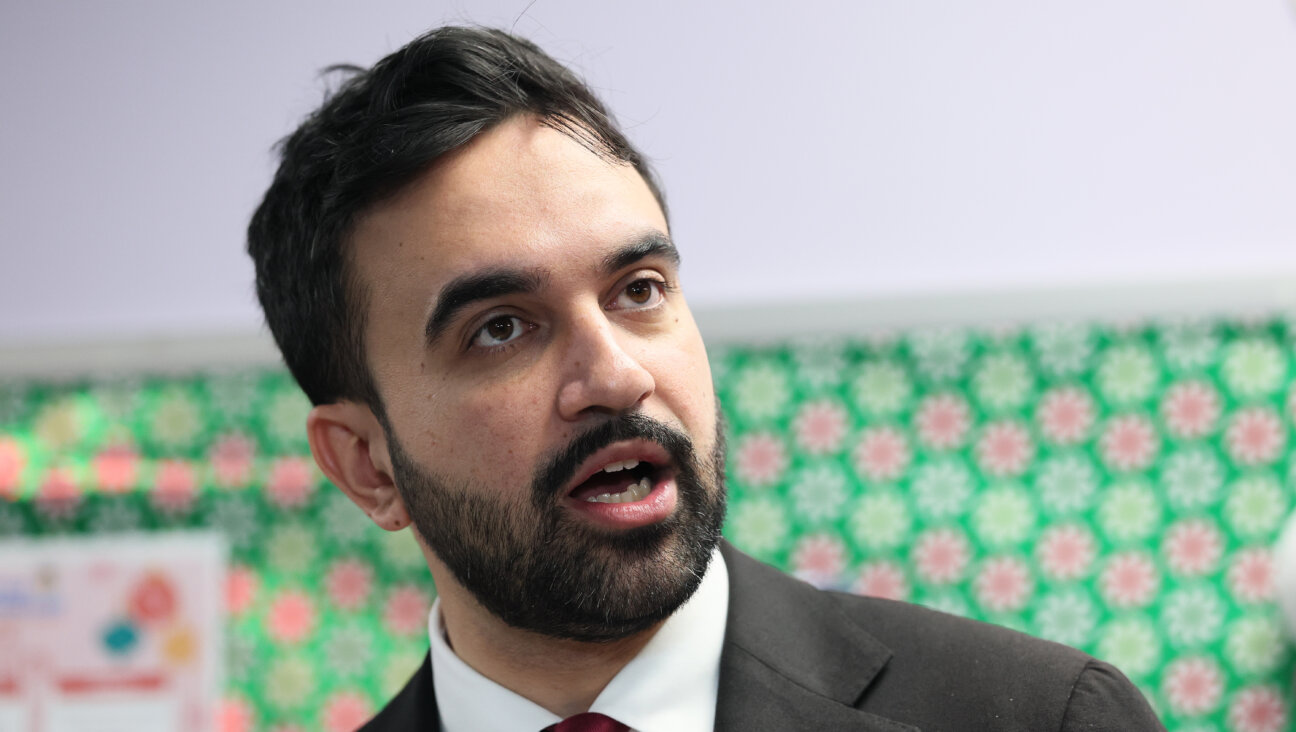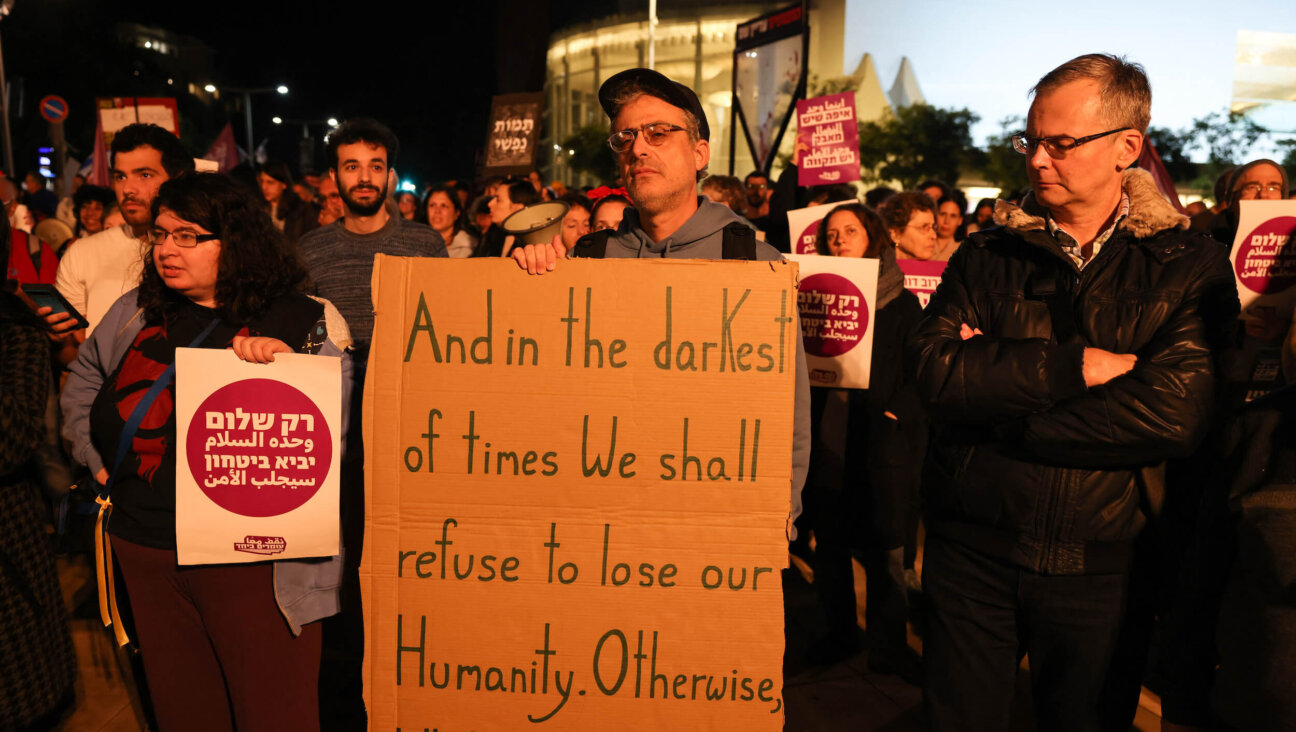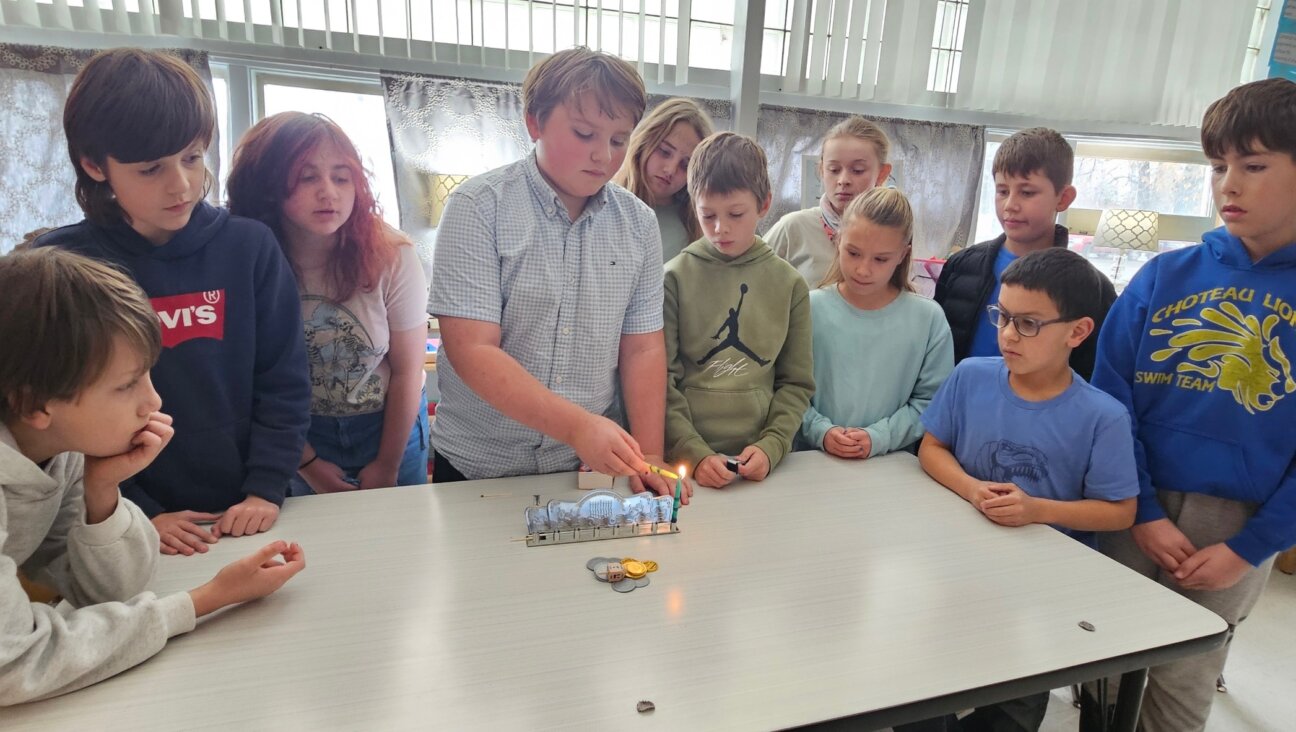Gallery Defends Art Made of Holocaust Victims’ Ashes
A Swedish art gallery owner has defended his gallery’s decision to show a painting made out of Holocaust victims’ ashes as “having no moral flaws.”
Martin Bryder, who owns a gallery in Lund, told Sverige Radio that he “sees no moral problem or flaw with exhibiting” a painting which the artist Carl Michael von Hausswolff made from ashes of Holocaust victims from the Majdanek extermination camp.
According to a local newspaper, Sydsvenskan, Von Hausswolff had collected the ashes more than 20 years ago. The exhibition is scheduled to open at the Martin Bryder Gallery in Lund on Dec. 15, according to the radio station.
Salomon Schulman, a teacher of Yiddish and member of Lund’s Jewish community, wrote in the same local newspaper that he found the display “disgusting” and called it “a desecration of Jewish bodies.”
He added: “Nowhere was the Third Reich more popular than among the educated academics. Today, the Holocaust and racism are still part of their salon talks.”
In a text published by the gallery, the artist is quoted as saying: “The ash has followed me, always been there … as if the ash contains energies or memories or souls of people … people tortured, tormented and murdered by other people in one of the 19th century’s most ruthless wars.”
The directorate of the museum at Majdanek is outraged by the art. “We are deeply shocked and outraged by the information that the painting allegedly was made with the ashes of Majdanek victims. This action is an artistic provocation deserving only to be condemned,” said a statement published on Wednesday by the museum staff. “In addition, it is certain that the Swedish painter did not enter into possession of the ashes legally.”
Andrzej Fijolek of the Lublin police told JTA that the police have not opened an investigation into how the artist came into possession of the ashes, since no complaint has been filed.














